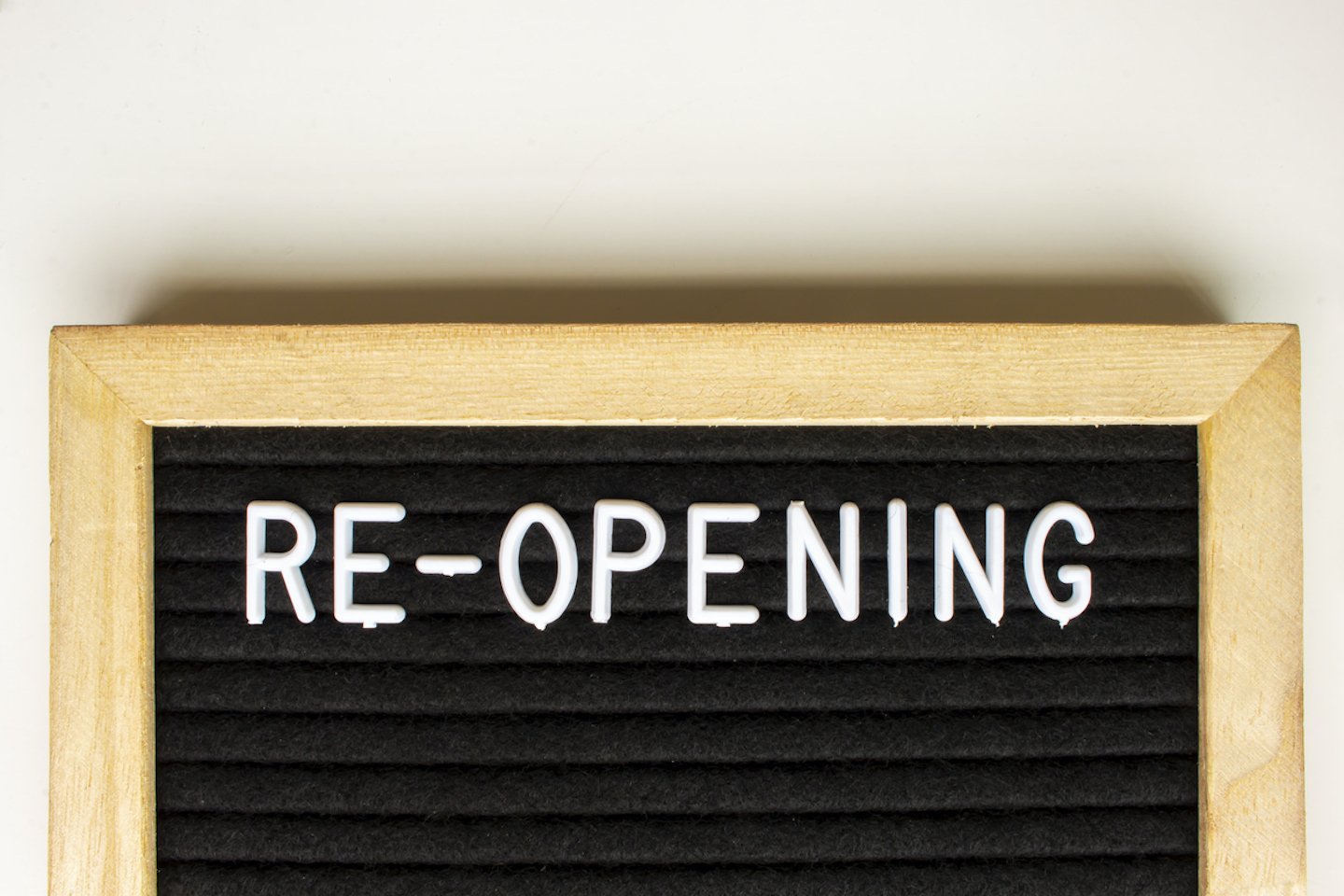You run a successful small business that sells products or services in person or over the phone. You'd like to expand online. How?
Shoppers love the speed and convenience of internet shopping; should you consider the internet as an adjunct to your retail venues you will no doubt start making profits fast. However you may need to alter and expand your business to accommodate the requirements of eCommerce. These are steps you will need to take.
Logistics and Facilities
As a small business, you will need to ensure that you possess the logistics and facilities necessary to set up your ecommerce venture. If you have no storage or shipping space available, you will have to obtain it. You should not use your retail space since that would be an expensive option. It is best to lease less costly space. This often means acquiring space at an alternate location. You will either need to hire additional staff to run your other site or you will have to commute between the two sites.
Choose your Ecommerce Platform
You will need to have a reliable site from where you sell your wares. There are numerous options. You can either pay to have a listing on a pre-existing auction website such as eBay or establish your own shop online. There are many auction sites besides eBay. These all have the advantage that you will not incur front-end costs but the disadvantage that the prices are not fixed. On the other hand, you don't need to set up a website or acquire the online tools necessary for credit-card payments. You can also list with a major dot-com reseller, such as Amazon. Again, with this option for a small fee, you'll have an instant listing on the hosting search engine and you will not need to invest in any web tools. The most expensive option is the development of your own site. Unless you possess the skills, you'll need professional assistance to launch your ecommerce site. If you launch your own site, it is key that you get your credit-card processing system in place. It is also crucial that your site is search engine optimized so customers can easily find your store.
Make sure your door-to-door process is streamlined
Once you have your ecommerce business set up, it's essential that you can rapidly pack and ship out orders. Customers who internet shop desire reasonably priced goods and fast delivery. You will need to decide which parcel shipper you want to go with. There are many options, but you will want to choose a reliable carrier. It is often safest to go with a shipper that provides tracking like DHL, UPS or FedEx. Make sure they can collect packages from you on a daily basis. Some eCommerce businesses offer free shipping. Postage charges can be substantial, especially for overnight or two-day shipping so you will need to price goods accordingly, should you chose to cover those costs. You will also need to stock up on shipping materials, this may add to your expenses. You should keep track of your shipping costs to ensure that your goods are priced in a manner that allows you to cover your all these expenditures.


